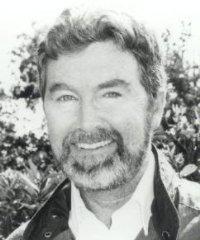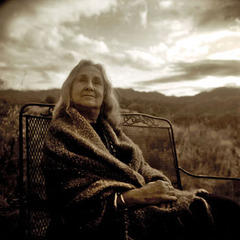Samuel Johnson Quotes about Knowledge
Samuel Johnson, Arthur Murphy (1837). “The Works of Samuel Johnson, LL. D.: With an Essay on His Life and Genius /c by Arthur Murphy, Esq”, p.16
Samuel Johnson, William P. Page (1840). “The Life and Writings of Samuel Johnson...”, p.40
Samuel Johnson (1827). “The Rambler”, p.27
Samuel Johnson, Elizabeth Carter, Samuel Richardson, Catherine Talbot (1825). “The Rambler: A Periodical Paper, Published in 1750, 1751, 1752”
Samuel Johnson (2010). “Journey to the Hebrides: A Journey to the Western Islands of Scotland & The Journal of a Tour to the Hebrides”, p.14, Canongate Books
James Boswell, Samuel Johnson (1799). “Life of Johnson: Including Boswell's Journal of a Tour to the Hebrides and Johnson's Diary of a Journey Into North Wales”, p.530
The seeds of knowledge may be planted in solitude, but must be cultivated in public.
Samuel Johnson, Arthur Murphy (1837). “The Works of Samuel Johnson, LL. D.: With an Essay on His Life and Genius /c by Arthur Murphy, Esq”, p.257
Samuel Johnson (1784). “The Rambler: In Four Volumes..”, p.97
Samuel Johnson, James Boswell (1807). “Dr. Johnson's table-talk: aphorisms [&c.] selected and arranged from mr. Boswell's life of Johnson”, p.105
Samuel Johnson (1836). “Johnsoniana; or supplement to Boswell; being Anecdotes and sayings of Dr. Johnson, etc”, p.86
Samuel Johnson, Arthur Murphy, Francis Pearson Walesby (1825). “The Works of Samuel Johnson, LL.D..: The Adventurer and Idler”, p.142
Samuel Johnson (1977). “Selected Poetry and Prose”, p.199, Univ of California Press
The Rambler no. 60 (13 Oct. 1750)
Knowledge is more than equivalent to force. The master of mechanics laughs at strength.
Samuel Johnson (1977). “Selected Poetry and Prose”, p.96, Univ of California Press
Samuel Johnson, Elizabeth Carter, Samuel Richardson, Catherine Talbot (1825). “The Rambler: A Periodical Paper, Published in 1750, 1751, 1752”
Samuel Johnson, Arthur Murphy (1837). “The Works of Samuel Johnson, LL. D.: Lives of the poets”, p.629
Samuel Johnson, Hester Lynch Piozzi, James Boswell (1787). “The Beauties of Samuel Johnson, LL.D.: Consisting of Maxims and Observations, Moral, Critical, and Miscellaneous, to which are Now Added, Biographical Anecdotes of the Doctor, Selected from the Late Productions of Mrs. Piozzi, Mr. Boswell, ...”, p.147
Samuel Johnson (1784). “The Rambler: In Four Volumes..”, p.130
Giuseppe Marco Antonio Baretti, Samuel Johnson (1778). “A Grammar of the Italian Language: With a Copious Praxis of Moral Sentences. To which is Added an English Grammar for the Use of the Italians”, p.324
Samuel Johnson (1810). “The works of Samuel Johnson, LL.D.: With An essay on his life and genius”, p.199
Samuel Johnson (1810). “The works of Samuel Johnson, LL.D.: With An essay on his life and genius”, p.199
Samuel Johnson (1807). “Dr. Johnson's Table-talk: Containing Aphorisms on Literature, Life, and Manners, with Anecdotes of Distinguished Persons, Selected and Arranged from Mr. Boswell's Life of Johnson”, p.76







